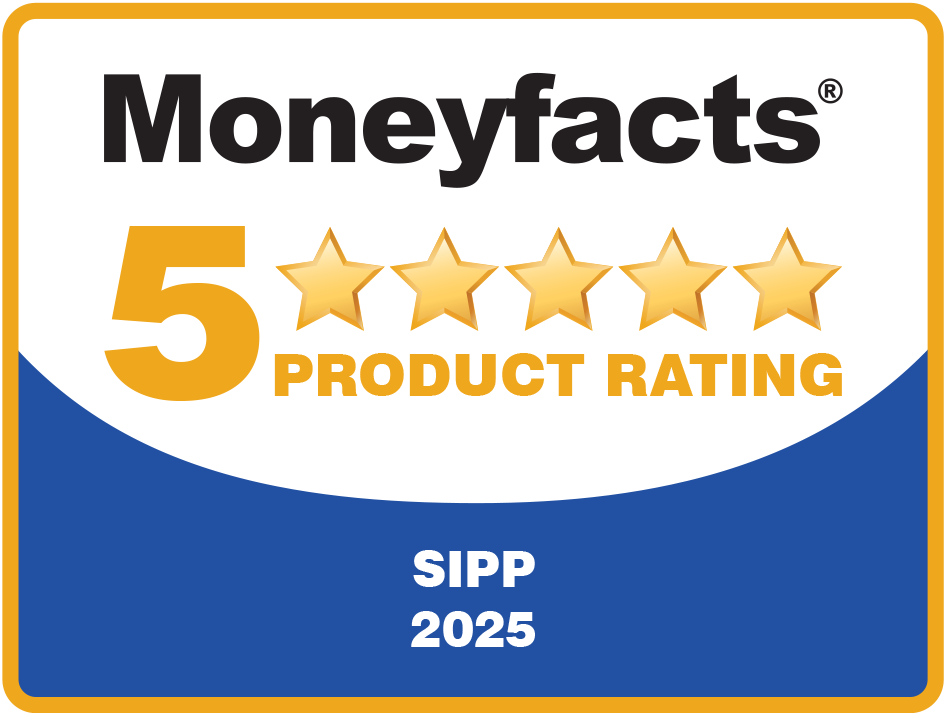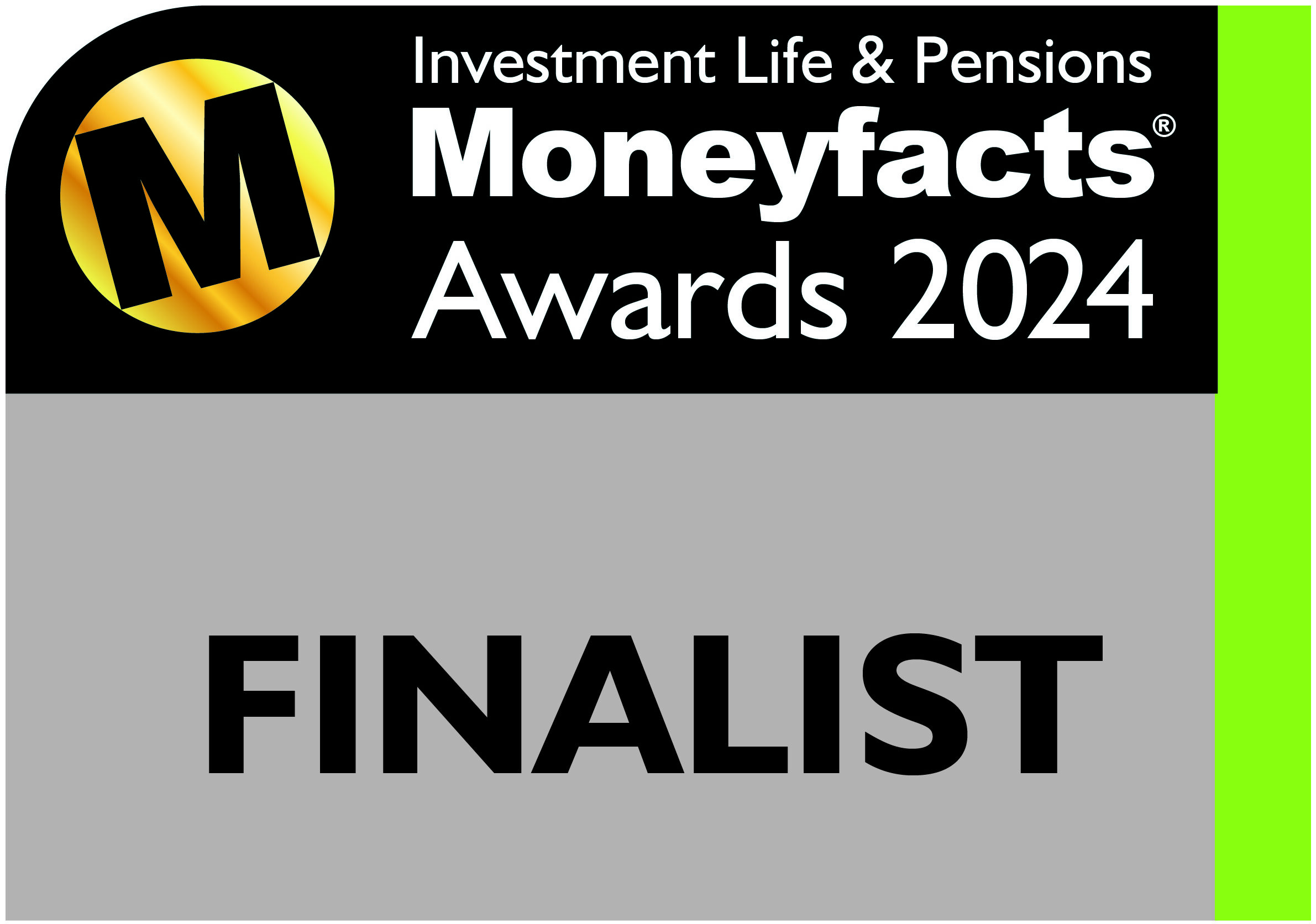SIPPs, properties and “connected transactions” – everything you need to know
We recently instructed on our 100th property purchase of 2023. While reaching this milestone is not unusual, we seem to be arriving at this point earlier each year.
Given the popularity of this investment choice by IPM clients, we often write about various topics relating to property purchases within SIPPs. Previously, you have read:
- The benefits of holding property in a SIPP
- How property can be passed tax-efficiently through generations using SIPPs
- A complete guide for purchasing property within a SIPP
In this useful guide, you can discover more about “connected transactions” within SIPPs and property. Specifically, what impact will a connected transaction have on an investment in property made by the SIPP?
Defining a “connected transaction”
Firstly, let us consider HMRC’s definition of “connected”:
“A person is connected to a member, a former member, a sponsoring employer or a former sponsoring employer if they fall within the definition in section 993 Income Tax Act 2007.”
While I am sure no one really wants us to go through the full definition of section 993 of the Income Tax Act 2007, here are the key points of this when thinking about commercial property purchase, “connected” and SIPPs:
A person is connected with an individual if that person is:
- The spouse or civil partner of the individual
- A relative of the individual
- A relative of the individual’s spouse or civil partner
- The spouse or civil partner of a relative of the individual
- The spouse or civil partner of a relative of the individual’s spouse or civil partner.
A company is connected with another company if:
- The same person has control of both
- A person has control of one and persons connected with them, or they and persons connected with them, have control of the other
- A group of two or more persons has control of each company, and the groups either consist of the same persons or could be regarded as consisting of the same persons by treating (in one or more cases) a member of either group as replaced by a person with whom they are connected.
A company is connected with another person if that person has control of it, or if that person and persons connected with them together have control of it.
Any two or more persons acting together to secure or exercise control of a company shall be treated in relation to that company as connected with one another, and with any person acting on the directions of any of them to secure or exercise control of the company.
Here, “company” includes any corporate body or unincorporated association.
That’s the HMRC bit out of the way. But how does the impact a SIPP property purchase?
3 occasions when the “connected” rules apply to a SIPP property transaction
There are three main occasions where the connected rules can apply to a SIPP property transaction:
- Purchasing a property already owned by a client/a company with which the client is deemed to have a connection.
- Selling a property owned by a SIPP to a client/a company with which the client is deemed to have a connection.
- Granting a lease to a company to which the client is deemed to have a connection.
Let’s look at these one at a time.
1. Purchasing a property
It is not uncommon for IPM to be presented with scenarios whereby we are asked to purchase a property which a client may own personally or is owned by a company with which they are connected.
Often, this can be a way of accessing money in a SIPP other than the traditional ways of drawing benefits from age 55. Selling a property to a SIPP then releases liquidity held within it.
From a tax perspective, if the company that owns the property is also able to make contributions to the SIPP which is then going to be used to purchase the property, this can work out as a useful piece of tax planning.
This case study shares some useful information about how this can work in practice.
Where IPM is carrying out a connected purchase, the price paid for the property must be at the value determined by an independent Royal Institute of Chartered Surveyors (RICS) surveyor.
It cannot be a penny over or under the market value as HMRC want to ensure that an indirect benefit is not derived from an alternative purchase price.
- Paying an amount under the market value of the property would see an asset of greater value being placed into the tax-efficient wrapper of a SIPP, which is not subject to Capital Gains Tax (CGT) on disposal of assets and is outside the scope of Inheritance Tax (IHT).
- Paying an amount over the market value of the property could see clients removing a greater amount of money from a SIPP outside of the usual way of drawing benefits.
This differs from an unconnected purchase, where clients have the flexibility to negotiate a price with the vendor that is not limited to the amount quoted in the valuation.
As a trustee, IPM is still responsible for ensuring that any property purchase made by the SIPP is a good long-term investment. So, we would be still conscious of heavily overpaying for a property, or why the SIPP is able to acquire a property significantly under market value on an unconnected transaction.
2. Selling a property
On occasion, we are asked to sell a property owned by the SIPP to a client or their company. This would fall under the connected transaction rules as far as HMRC guidelines are concerned.
The approach IPM must take is similar to that of a connected purchase and the property sale figure is determined by a valuation provided by a RICS surveyor.
The reason why the sale price must be at market value is because:
- Agreeing a sale price under market value would not represent good value for the SIPP. Additionally, it would see the client deriving an indirect benefit from the SIPP as they would be acquiring an asset at a price lower than it is worth.
- Agreeing a sale price over market value would see the client putting more money into the tax-efficient environment of the SIPP, outside of their estate for IHT purposes.
Note that we don’t operate panels of surveyors that clients must choose from – we are happy for any surveyor to be appointed provided they are approved by RICS.
3. Granting a lease to a connected tenant
We are regularly asked to let a property owned by a SIPP to a business that is connected to the client – for example, where they are the director.
Based on client circumstances, this can be good financial and tax planning. Tenants must pay rent to a SIPP in exchange for the use of a property. Rent is usually a Corporation Tax-deductible business expense, and the rent is being paid to the client’s own SIPP, as opposed to a third-party landlord.
In addition, rent does not count towards the Annual Allowance. So, if you have a client whose company is particularly cash rich, they are able to pay contributions up to the Annual Allowance as well as paying rent into their SIPP, maximising the amount of money that can be extracted from the business and put into the tax-efficient environment of a SIPP.
Where a tenant is connected to the SIPP client, the amount of rent payable is set in the red book valuation produced by a RICS surveyor. This is to ensure that:
- No more money is paid into a SIPP than it should be by overpaying rent
- The client’s business does not receive an indirect benefit from the SIPP by underpaying rent in exchange for the use of the property.
There is a note of caution about renting properties to connected third parties.
HMRC guidelines are clear that market value rent should be paid to the SIPP. However, where a tenant gets into financial difficulty this could pose problems. While there is a degree of flexibility in terms of what can be done in regard to unconnected tenants, this is far trickier when it comes to connected tenants.
So, before embarking on a SIPP property purchase with a connected tenant, a client should think about whether the business will be able to commit to the term of the lease at the rental rate that has been set.
Get in touch
If you want to have a chat about the potential of SIPPs for your clients, or any other aspects of pension planning, please contact us. Email info@ipm-pensions.co.uk or call 01438 747151.



